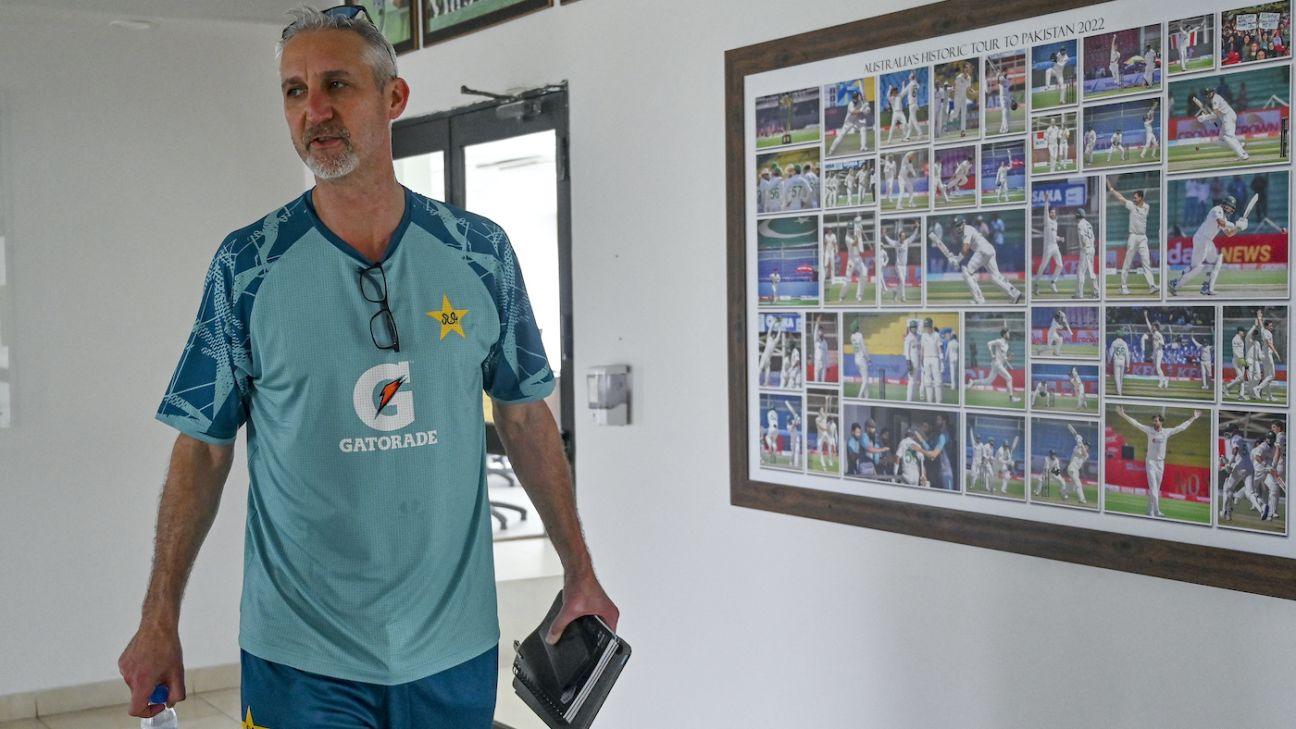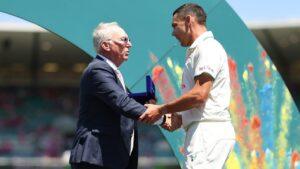“There were definitely challenges. I went into this job with my eyes wide open, I want to make that very clear. I knew that, you know, Pakistan had brought in a number of coaches in a short space of time pretty short time,” Gillespie said. ABC Sport. “The straw that broke the camel’s back, I guess, was that as a head coach you like to have clear communication with your employer. I was completely blindsided by the decision not to not have a high performance coach.”
“Tim Nielsen was informed that his services were no longer needed and I have had absolutely no communication from anyone regarding this,” Gillespie said. “And I just thought that after a number of other things that had happened over the previous months, that was probably the moment where I was like, ‘Well, I’m not really sure whether they actually want me to do this job or not.’ .'”
Adding to Gillespie’s frustration was the fact that the feedback given to him regarding Nielsen and the team’s performance was positive.
“I developed a very close relationship with the Test captain, Shan Masood, and I felt that we were definitely going in the right direction and things were going very well,” he said. “All the feedback I had received or that received by the PCB showed how effective Tim had also been in his role and the players got a lot out of him.”
Gillespie guided Pakistan to a 2-1 victory over England in October, after losing the first match by an innings and 47 runs. However, after the defeat in the first test, he was informed that a new selection panel would be set up and he would not be part of it.
“I felt like I was making catches and that was pretty much it the morning of a game,” he said. “You want to be able to have clear communication with all the stakeholders, with the selectors, for example, knowing what the team is like as a head coach well before the game, or at least before the day before the game .




